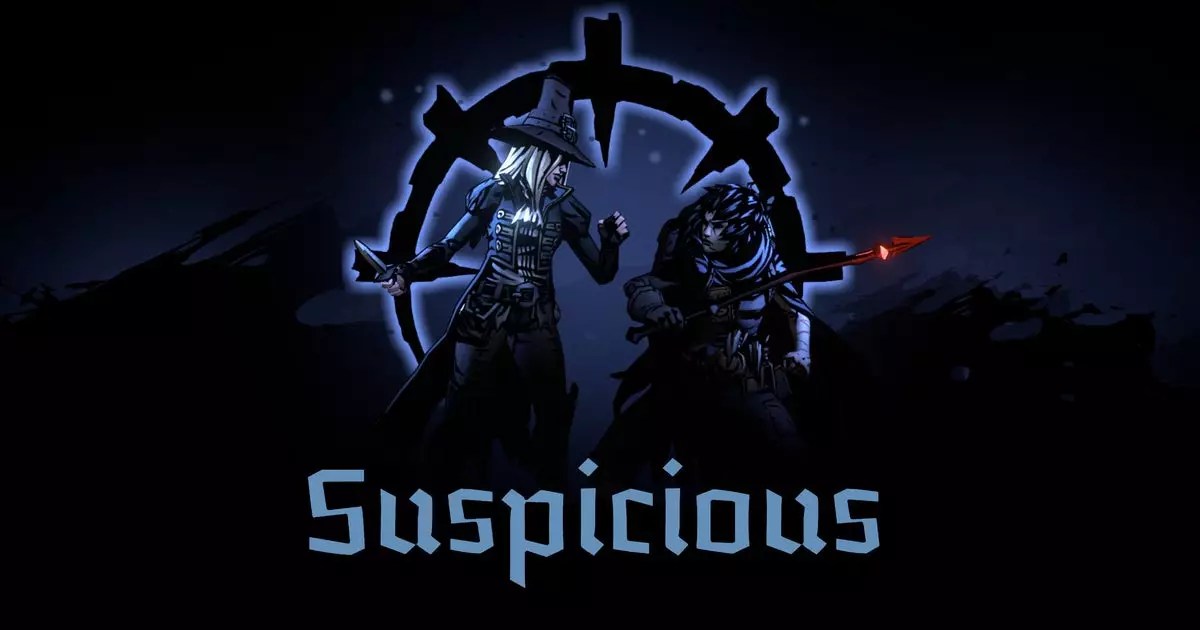The gaming industry constantly evolves, with acquisitions and mergers shaping the landscape. Recently, Behaviour Interactive, known for its popular title Dead by Daylight (DBD), announced the acquisition of Red Hook Studios, creators of the critically acclaimed Darkest Dungeon. This move raises interesting questions about independence, corporate culture, and the future of creative studios amid the ever-looming shadow of larger corporate objectives.
Behaviour Interactive is no stranger to controversy; the studio has undergone significant changes, including workforce reductions, cancellation of projects, and the shuttering of their Midwinter Entertainment studio. This backdrop of turmoil makes the acquisition of Red Hook even more intriguing. Given Behaviour’s recent history of instability, one cannot help but feel uneasy about what this partnership truly means for Red Hook.
Darkest Dungeon, a game steeped in the horror genre much like DBD, fits into Behaviour’s branding strategy. However, it’s essential to dissect if this acquisition serves a genuine partnership aimed at artistic expansion or if it is merely a corporate bandage over deeper issues. The initial reactions to the announcement reflect skepticism; some industry observers raise an eyebrow at how “independent” Red Hook truly remains under Behaviour’s corporate umbrella.
Behaviour states that Red Hook will operate as a “fully independent studio.” However, the definition of this independence remains murky. In the press release, Behaviour’s CEO, Rémi Racine, spoke of a goal to make Behaviour synonymous with horror gaming, suggesting that Red Hook might find itself under increasing pressure to align its creative output with Behaviour’s overarching objectives. This tension between artistic expression and corporate necessity is a classic example of the struggles small studios face after being absorbed into larger entities.
Co-founder of Red Hook, Chris Bourassa, expressed enthusiasm for the acquisition, labeling Behaviour as “kindred spirits.” While such statements may foster a sense of optimism, they do raise questions about how much of Red Hook’s initial vision and creative spirit will be compromised. There’s a thin line between healthy collaboration and stifling control, and it remains to be seen how this relationship unfolds.
Despite the concerns surrounding its acquisition, Red Hook appears to be channeling its creative energy into various projects. Currently working on a significant expansion for Darkest Dungeon II, which aims to transition the game into a turn-based board game format, the studio’s ambition is palpable. With Behaviour’s backing, resources might be more readily available, allowing Red Hook to pursue grand designs that were perhaps previously unattainable.
However, this raises additional questions. Will Behaviour’s influence lead to a homogenization of creative output? Could the dark thematic depth that characterized the original Darkest Dungeon be compromised to fit into a broader commercial blueprint laid out by Behaviour? The future holds many possibilities, and while there’s potential for growth, the inherent risks shouldn’t be underestimated.
A Cautious Optimism
At the heart of these acquisitions lies a duality of fear and hope. On one hand, integration with a larger studio might provide the financial stability and exposure an indie studio needs to thrive; on the other, the unique qualities that contributed to their initial success may be overshadowed by corporate interests. This dichotomy calls for a cautious optimism from fans and gamers alike. The industry thrives on innovation and creativity, which can be stifled under corporate conformity.
The acquisition of Red Hook by Behaviour Interactive has the potential to be a transformative moment for both studios, yet it is certainly not without its complexities. As we watch this partnership unfold, the gaming community will remain attentive, gauging whether Red Hook can successfully navigate the murky waters of corporate influence while retaining its independent spirit. Such a balance will be the key to not just their survival, but also their continued contribution to the rich and diverse landscape of horror gaming.


Leave a Reply